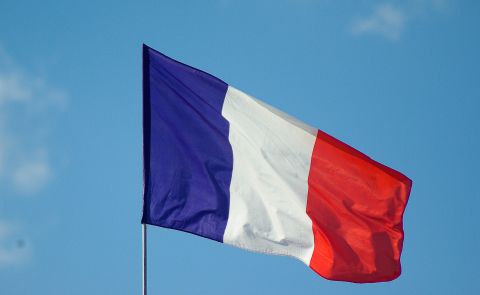
UN team completes mission to Karabakh
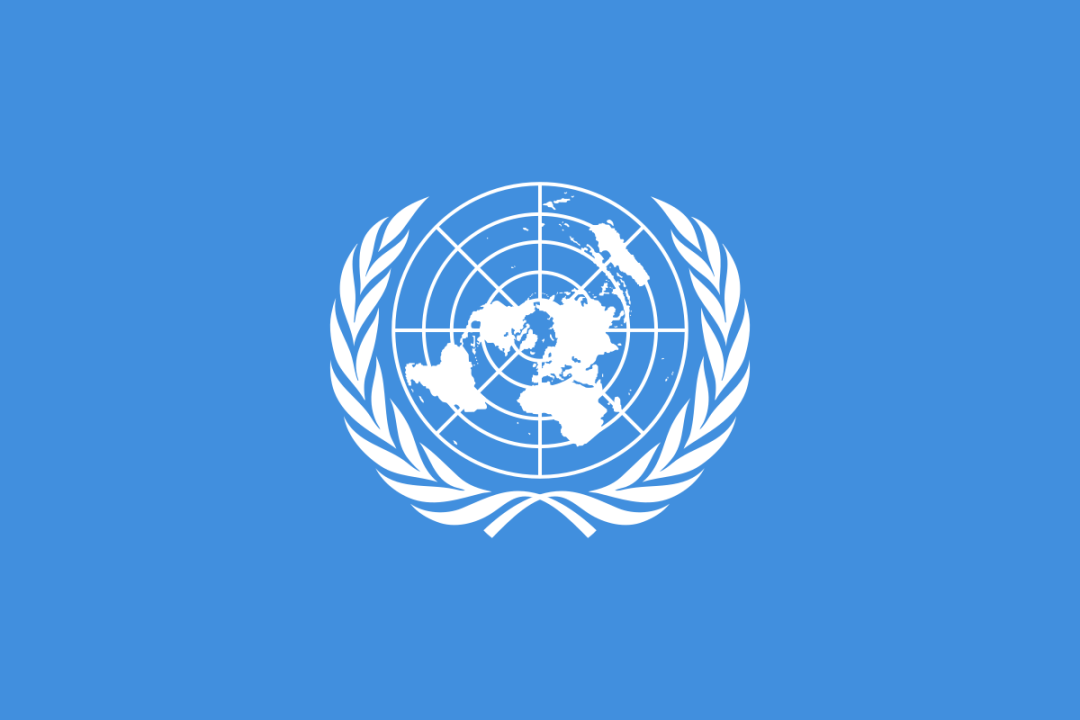
A United Nations mission, led by Vladanka Andreeva, UN Resident Coordinator in Azerbaijan, visited the Karabakh region in Azerbaijan on Sunday, 1 October.
The team also included Ramesh Rajasingham, the Director of the Coordination Division of the UN Office for the Coordination of Humanitarian Affairs, as well as representatives from the Food and Agriculture Organization, the UN Refugee Agency, UNICEF and the World Health Organization, as well as a technical team from the UN Office for the Coordination of Humanitarian Affairs, the UN Resident Coordinator’s Office and the UN Department of Safety and Security.
Traveling from Aghdam, the mission visited the city of Khankendi, where the team met with the local population and interlocutors and saw first-hand the situation regarding health and education facilities. In parts of the city that the team visited, they saw no damage to civilian public infrastructure, including hospitals, schools and housing, or to cultural and religious structures. The mission saw that the Government of the Republic of Azerbaijan was preparing for the resumption of health services and some utilities in the city. The mission saw that no shops were open.
The mission saw very few local population remaining in the city. The team heard from interlocutors that between 50 and 1,000 ethnic Armenians remain in the Karabakh region.
The mission was struck by the sudden manner in which the local population left their homes and the suffering the experience must have caused. The mission did not come across any reports – neither from the local population interviewed nor from the interlocutors - of incidences of violence against civilians following the latest ceasefire.
With limited access to rural areas, no information was available on livestock and farming, including whether the farmers have access to or are ready for wheat sowing in the upcoming season. The mission did not observe any destruction of agricultural infrastructure or dead animals from the road.
From the conversations that the team was able to have, it is difficult to determine at this stage whether the local population intends to return. What was clear is that there is a need to build trust and confidence, and this will require time and effort from all sides.
The mission then drove down the Lachin road to the border crossing, a journey taken by more than 100,000 ethnic Armenians in recent days. The mission did not come across civilian vehicles travelling towards Armenia, while in Khankendi, the mission saw a bus with a dozen or so passengers heading to Armenia.
While driving through Aghdam, which is part of the territories regained in 2020, the mission observed destruction and mine action needs, as well as the reconstruction efforts that are being made by the Government.
The mission thanks all the interlocutors and the local population who shared their views. The UN in Azerbaijan plans to continue to regularly visit the region.
The mission calls for all efforts to be made to ensure the protection of the rights of the local population. The UN in Azerbaijan stands ready to support the remaining local population and those who wish to return, in support of the Government of the Republic of Azerbaijan and in partnership with other stakeholders and partners.
See Also


Armenia Strengthens Ties with Council of Europe
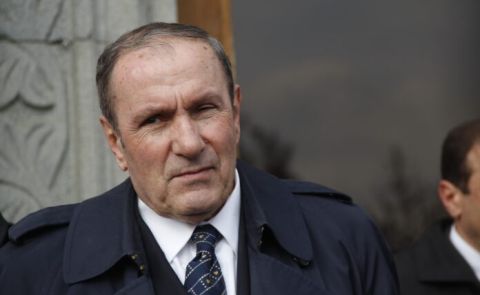
Former Armenian President Labels Pashinyan a Traitor and Blasphemer
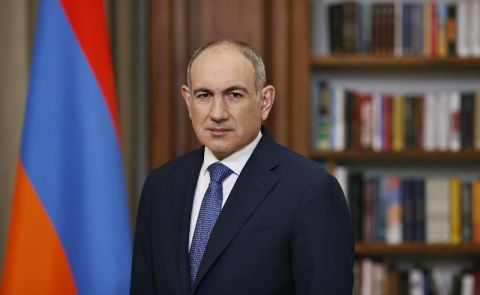
Pashinyan Addresses Key Issues on Church, National Future, and Fund Allegations
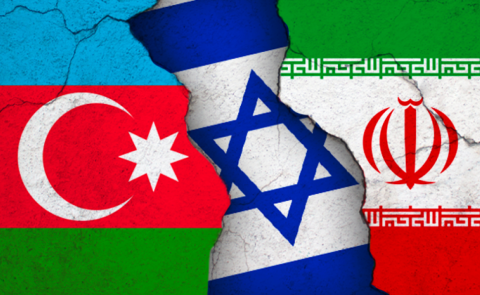
Azerbaijan Calls for 'Dialogue and Diplomatic Resolution' Between Israel and Iran
